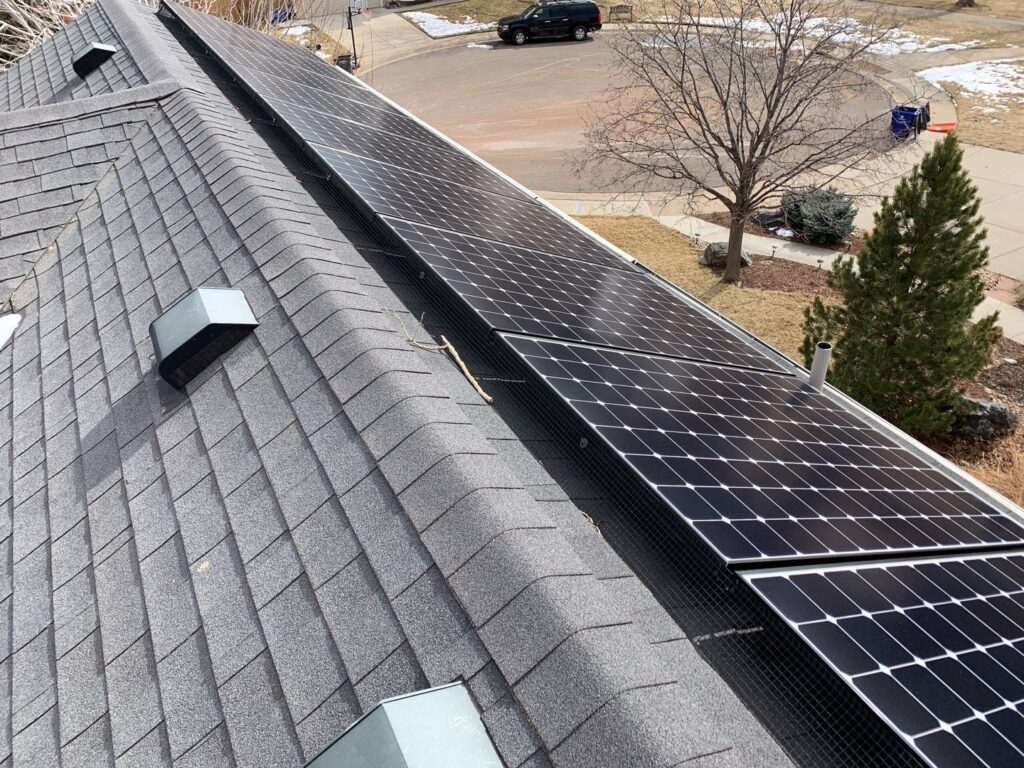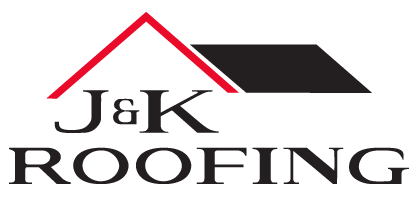
Taking the Mystery Out of Solar
There’s no doubt you’ve seen them: large, rectangular solar panels affixed to the roofs of homes throughout Colorado. It’s a trend that’s quickly on the rise, and for good reason: the average annual savings for homeowners who invest in solar is around $1,500.
Several details can impact how much you could save by adding solar panels to your roof, so you’ll want to do some research before making the leap to solar energy. This article will help you better understand what goes into adding solar panels to your home and what you should expect from the process.
How Solar Panels Work
Solar panels rely on electromagnetic radiation emitted by the sun to generate electricity. The types of solar panels available for home installation — the ones you’ve seen while driving through neighborhoods in Denver and beyond — use photovoltaic (PV) technology.
These PV cells capture electromagnetic radiation as direct current (DC) power and convert it into alternating current (AC) power—forming a flow of energy that gets channeled through your breaker box to power your home.
An attractive feature of going solar is that any unused energy is sent back to your utility meter and stored for future use. This cost-saving incentive is especially appealing in Colorado, where we get more than 300 days of sunshine each year.
Grid-tied Solar Systems Explained
Grid-tied systems are solar power setups that connect to the electricity grid — and work without battery backup equipment. They are currently the most common type of solar panel system in American homes. And despite growing interest in battery technologies, most homeowners going solar today still opt for installing a grid-tied set up on their roofs.
A grid-tied system uses solar panels to generate electricity from sunlight. Excess power gets exported to the utility grid, and similarly, when the household requires more power, those needs are met by imports from the grid.
Grid-tied solar systems require an inverter that can communicate with the grid, known as grid-tie inverters. The grid-tie inverter enables homes to import and export power to the utility. In addition, grid-tied solar systems don’t require any form of energy storage to store solar power (i.e., no battery storage). This makes grid-tied solar systems simpler and cheaper to install. Their main disadvantage is their inability to provide power when the grid is down.
How Much Electricity Solar Panels Generate
The actual output of solar panels depends on a number of factors:
- Size
- Capacity
- Orientation
- Location
- Amount of sunlight (aka, weather)
On average, today’s solar panels generate between 250 and 400 watts of power each hour. Say you install 30 standard-size solar panels that generate 290 watts each hour in a location where they get around 5 hours of sunlight each day. By that math, you’d create 15,800 kilowatt-hours (kWh) each year, which would be more than enough to power most homes.
What Kinds of Roofing Materials Are Best Suited for Solar Panels?
Most roofing materials are compatible with solar panels, including asphalt shingles. Standing seam metal roofs are great for installing solar panels, mainly because the seam allows for an easy and cost-effective installation that doesn’t require drilling into your roof. There are also solar mounts that make installation easier for stone-coated metal roofing.
The types of roofing material that do not lend themselves well to solar panels are wood and slate roofs, as a solar installation team can easily damage them.
The Investment in Solar Panels
In Colorado, the average cost to install solar panels is between $13,000 and $19,000.
However, there are incentives for installing solar panels that can save you money. There are also loans and leases or power purchase agreements (PPAs) to help cover the cost of installing solar panels on your home.
The Return on Solar Panels
The hard truth about solar panel savings is that you don’t recoup your initial investment right away; it takes time to generate power and start to see the benefits of solar. With that said, the average solar payback period in Colorado is between 11 and 12 years. Some key factors that affect the payback period are your overall system cost, system size, electricity usage, the complexity of your layout and install, and solar incentives. There are local and federal incentives and rebates that you can earn for going solar. The Solar Investment Tax Credit (ITC) is a 26% credit that you can claim once you install solar.
Types of Solar Panels Available for Installation
The three main types of solar panels available for home installation are monocrystalline, polycrystalline, and thin-film solar panels.

Source: https://news.energysage.com/types-of-solar-panels/
Monocrystalline solar panels are likely what you see most often on Colorado rooftops. Tesla has also released an entire “solar roof” where the shingles are solar panels—here’s a rundown on whether or not they’re worth it. Be sure to check their customer service reviews. There are also several product lines of solar shingles and solar tiles currently available that are low profile and blend seamlessly with your roof.
How to Get Started With Solar
Installing a renewable energy source like solar panels is a great way to lower your carbon footprint, but several steps are necessary to get started. You can learn more about those in this helpful guide from the U.S. Department of Energy.
Similarly, you can contact us at J&K Roofing for expert guidance and answers to all your questions. Contact us about your solar project, including solar detach and reset, solar energy storage, or solar design and consulting. Give us a call at 303-425-7531 or click here to send us a message online.
